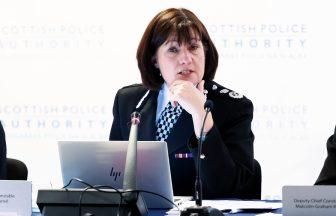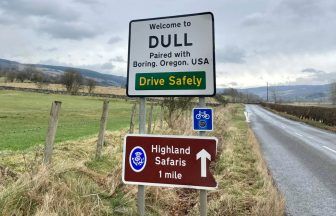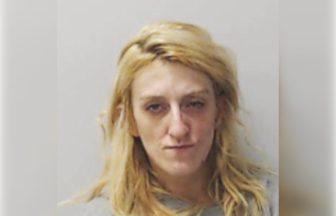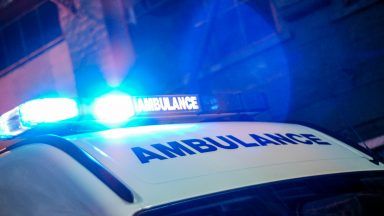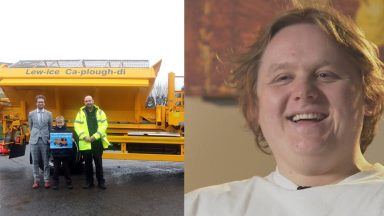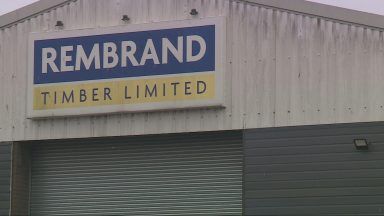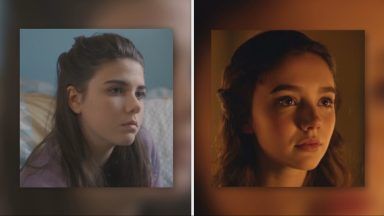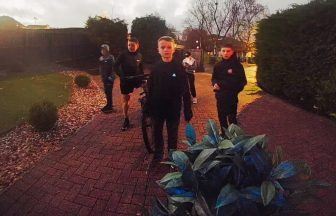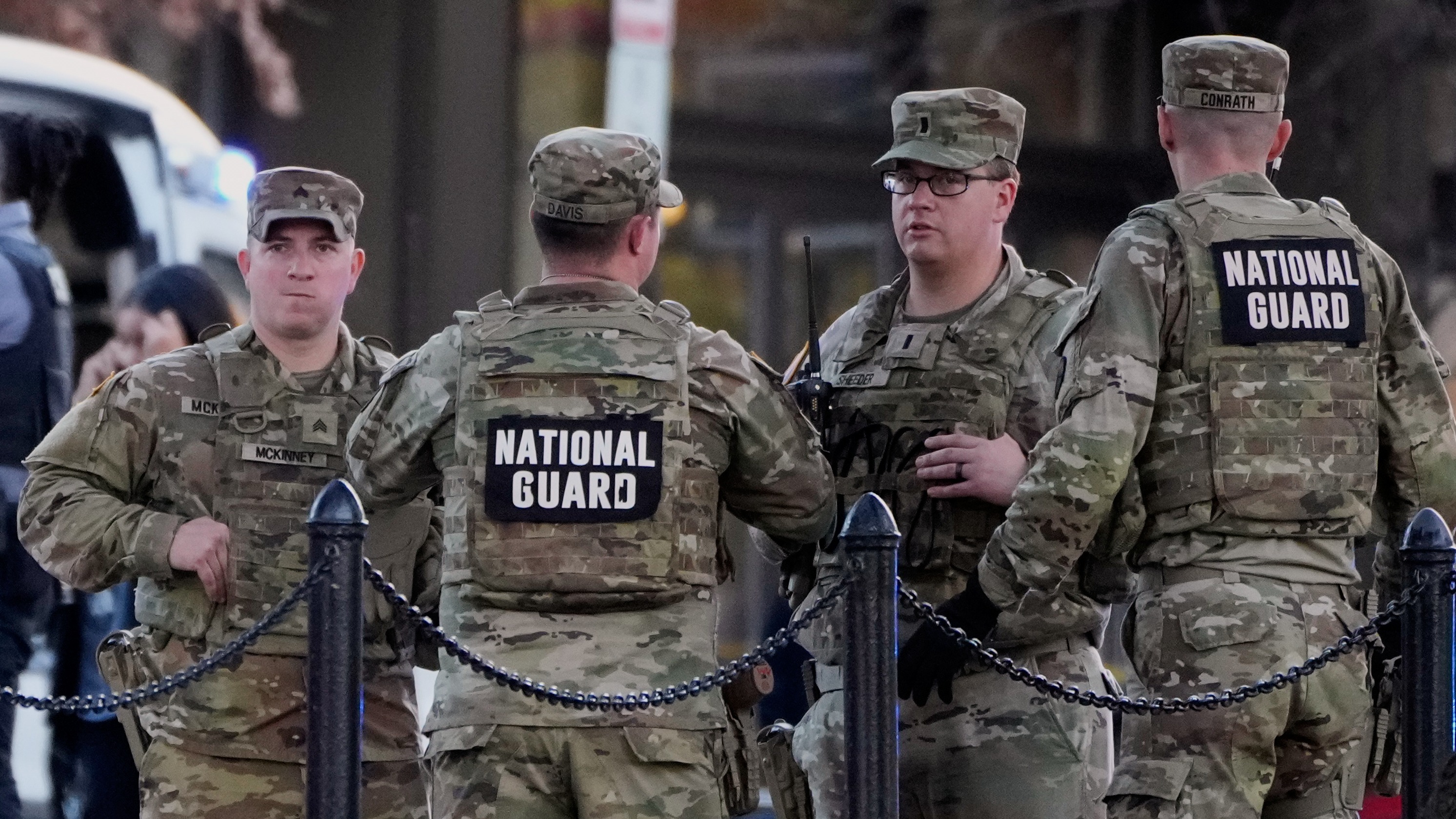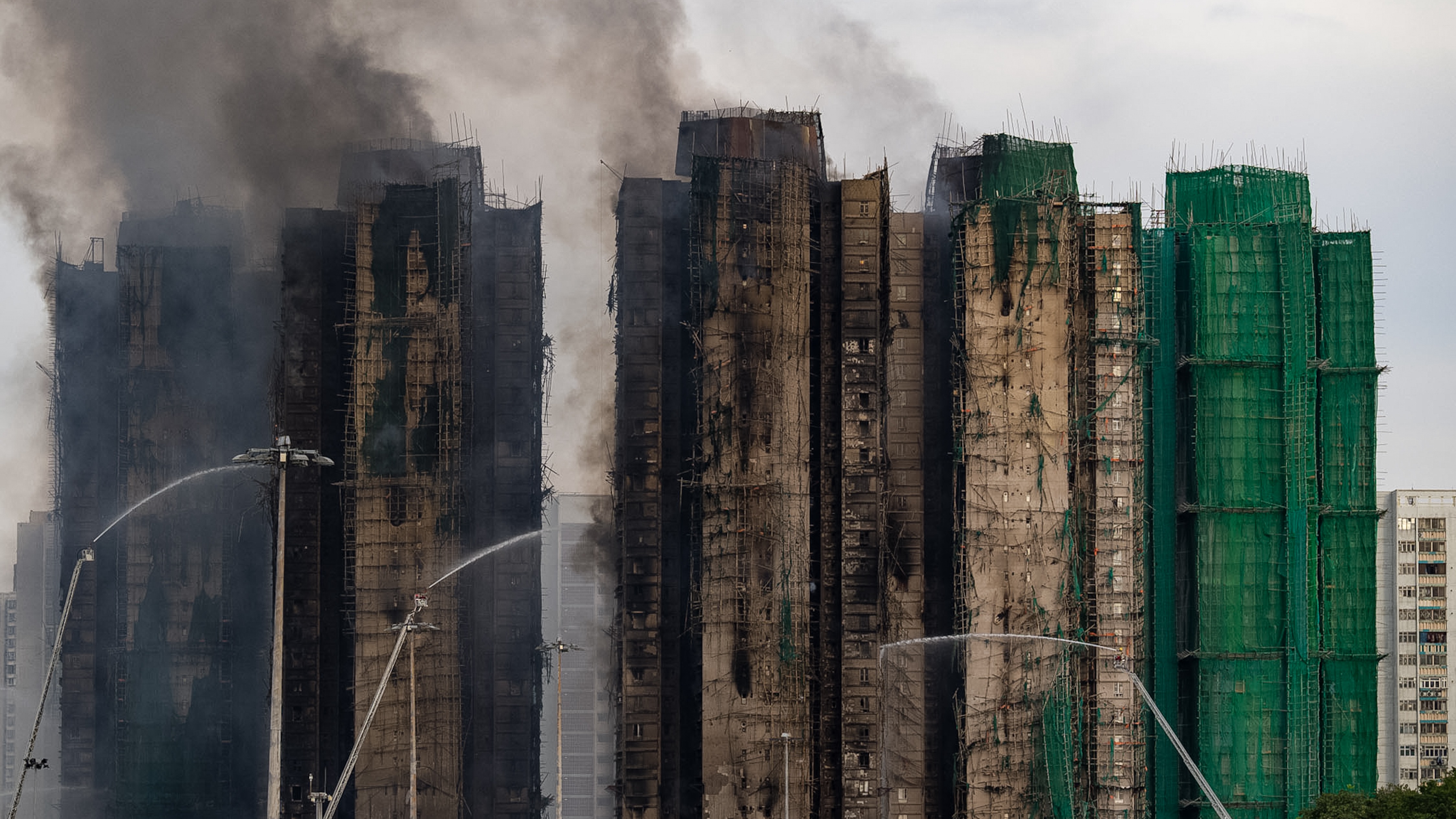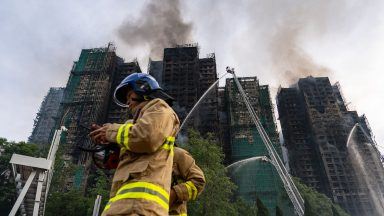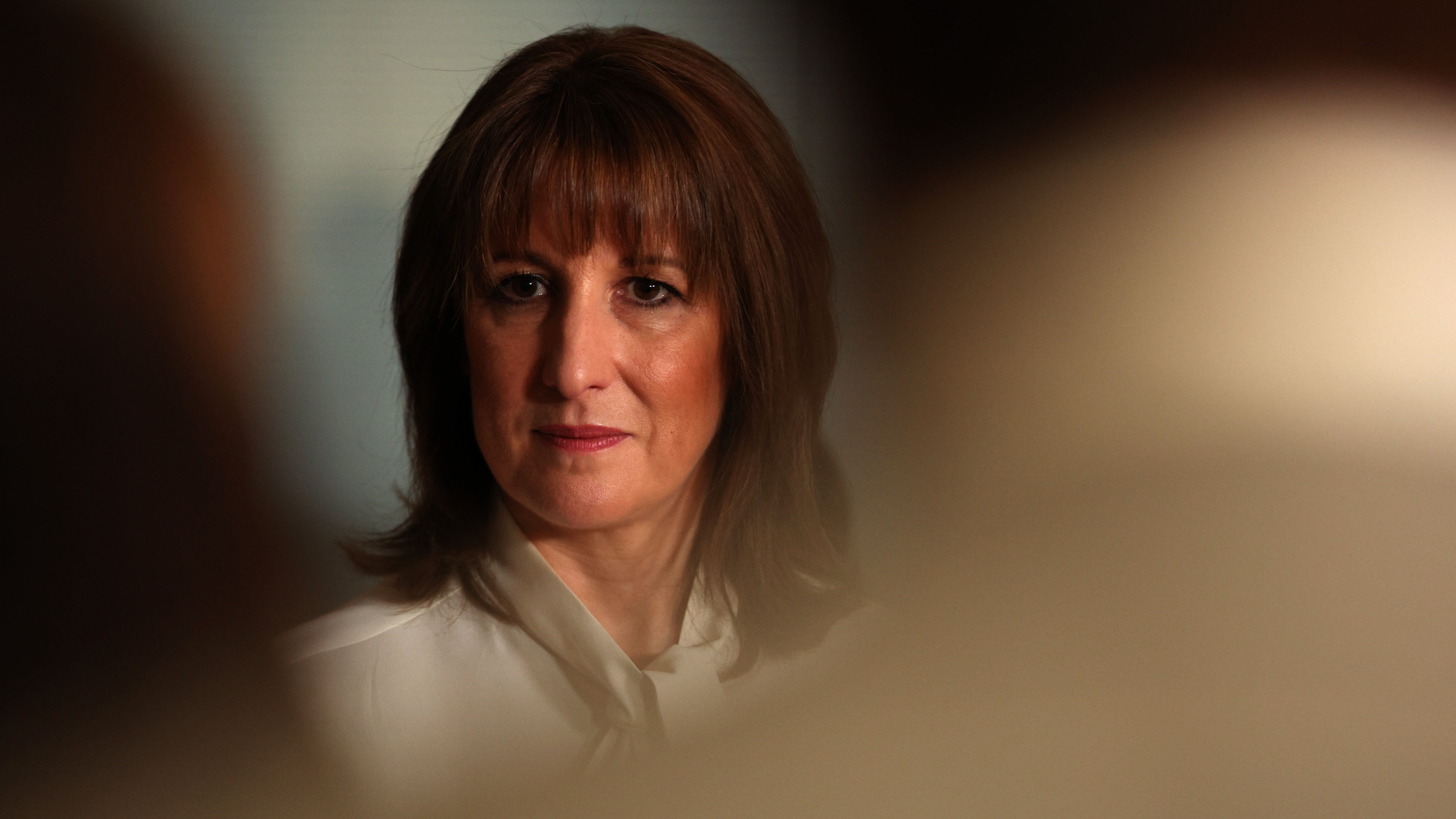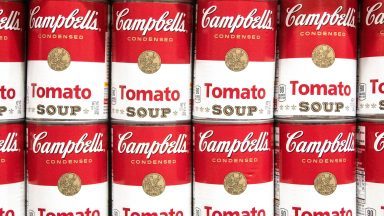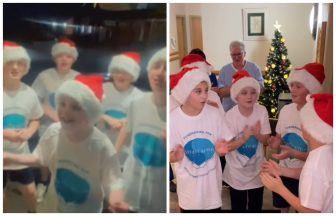The first mass forensic exhumation has begun at the site of a former Irish Catholic mother and baby institution, where it’s believed the bodies of almost 800 babies and children are buried in a disused sewage tank.
The former site of St Mary’s Mother and Baby Home, in the town of Tuam, County Galway, was boarded up on Monday as forensic teams began the excavation process, expected to take around two years.
The former institution, which operated between 1925 and 1961, was run by the Bon Secours Sisters, a religious order of Catholic nuns, as a maternity home for unmarried mothers and their children.
The building was demolished after it closed and the site, including a memorial garden for the dead, is now situated in the middle of a housing estate.
In 2014, local historian Catherine Corless, who had been researching the home, discovered that 796 babies and children who died at the institution had been buried in a disused subterranean septic tank on the grounds.
The findings sent shockwaves across the Republic of Ireland and globally, but it was not for another decade that plans for the site’s excavation were announced, despite years of campaigning by survivors and their families.
Annette McKay, who lives in Greater Manchester, believes her sister Mary Margaret O’Connor is one of the babies buried on the Co Galway site.

Mary died at the institution aged six-months old in 1943 from whooping cough and heart failure. Her mother, Maggie O’Connor, was told “your child of sin is dead” and denied a funeral or proper burial for her baby.
“Today feels overwhelming, after a decade of campaigning, delays and obfuscation the exhumation will begin,” Ms McKay told ITV News.
“I hope every child is identified and buried with dignity and respect. As a member of the advisory board I know how difficult and complex this whole process will be. My thoughts and prayers are with all the survivors and families.”
Ms O’Connor died in 2016 after suffering years of torment over the unanswered questions around the death of her firstborn.

The Office of the Director of Authorised Interventions at Tuam (ODAIT), led by Daniel MacSweeney, a former International Committee of the Red Cross envoy, is in charge of exhuming the bodies.
ODAIT say the purpose of the work is to “restore dignity in death and, where possible, an identity to those inappropriately buried at the site”.
It is hoped this will give relatives and survivors the chance to hold a dignified reburial for their loved ones.
There has been a public appeal to anyone who suspects a family member may have died in the Tuam institution to come forward to provide DNA to help identify the children and match them with any living relatives.
However, the process will be “challenging” due to the young age of the children, the elapse of time since their death, the environmental conditions in Tuam, and the “likely small number of close relatives who can provide samples”, ODAIT says.
Once the initial set-up stages are complete, the team will begin digging the ground in mid July, starting at the playground and finishing at the area known as the children’s mass grave.

Last week it was reported that a police investigation could be launched if the forensic specialists uncover evidence that any of the infants died unlawfully.
Speaking to the Irish Examiner, a spokesperson for ODAIT said if any of the children died unnaturally, or if any remains found do not belong to children who lived at the home, gardaí will be notified.
Earlier this year, ITV News revealed that as many as 10,000 women and babies may have been deported from Britain to Ireland between 1931 and 1977.
Those children, now adults, often only found out they were British citizens decades later.

Dr Lorraine Grimes from Maynooth University has spent a decade investigating these institutions. Her research interviews with survivors found that many were forced to travel, some whilst heavily pregnant, against their will.
Those mothers and their young children would have been transferred to similar institutions like the Mother and Baby Home in Tuam.
“They were prison-like institutions focused on rehabilitation of the woman’s ‘sin’ – the sin being to have a child outside of marriage,” Dr Grimes told ITV News.
“These institutions were places of punishment and those who had more than one child outside of marriage were treated more harshly.”
‘My baby was kidnapped’: ITV News travels to Dublin to speak to victims of a ‘horror’ forced repatriation scheme run by British and Irish Catholic and state organisations for decades
In 2021 the Irish Taoiseach Micheal Martin delivered a formal apology for historic forced adoption and the suffering caused.
That apology was “accompanied by a Government Action Plan for Survivors providing for actions under eight themes including redress, access to records and memorialisation,” a spokesperson for the Irish government said.
The Bon Secours Sisters also offered a “profound apology” after acknowledging the order had “failed to protect the inherent dignity” of women and children in the Tuam home.
Speaking about the excavation on Monday, Mr Martin said: “It’s very significant day in respect of the excavation in Tuam.
“It’s a very, very difficult harrowing story and situation. We have to wait to see what unfolds now as a result of the excavation.”
Patrick Rodgers, regional manager of the charity Fréa, runs the group ‘Renewing Roots’ which supports those who were born or gave birth in Ireland’s institutions and now live in the North of England.
“The beginning of exhumation work at the grounds of the Tuam Mother and Baby institution is a vital step to restoring some measure of dignity to those whose deaths and manner of burial caused so much anguish,” he told ITV News.
“At this time we remember the loved ones of those buried at the site as well as those who are buried at other institutions across the country.”
For many survivors and their families, Monday marks a milestone moment. But their decades-long fight for justice for the 796 young lives lost still continues.
If you or someone you know living in Britain has been affected by institutions in the Republic of Ireland, you can access support here:
- London Irish Centre (National Line) – open 10am-4pm every Tuesday, Wednesday and Thursday,
call 0800 519 5519 or email community@londonirishcentre.org - Irish in Britain (National) – call 0203 903 0994 or email info@irishinbritain.org
- Fréa, Renewing Roots (North of England) – call 07432 138 682 or email patrick.rodgers@frea.org.uk
- Coventry Irish Society (Midlands) – call 0247 625 6629 or email manisha.omalley@covirishsoc.org.uk
- ODAIT (Republic of Ireland) – for information about the excavation process or to supply DNA, Email: info@dait.ie Phone: (+353) 1 5391777
Follow STV News on WhatsApp
Scan the QR code on your mobile device for all the latest news from around the country





